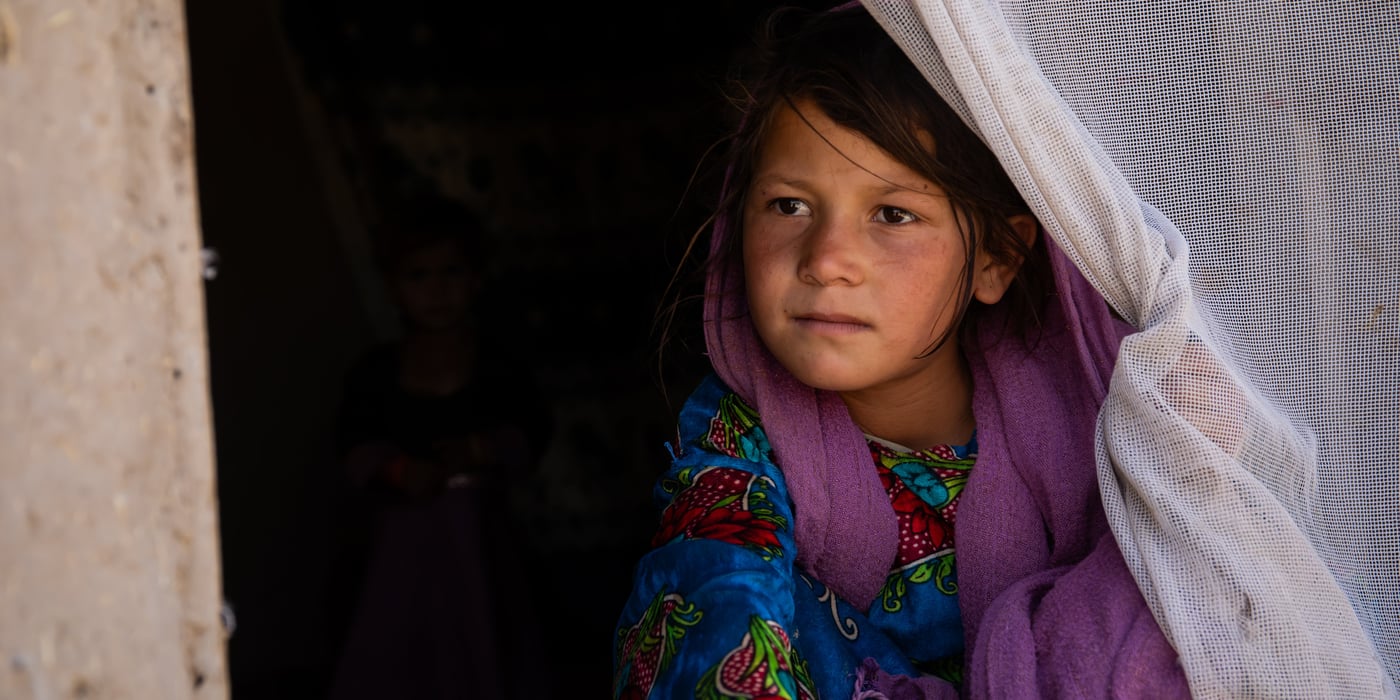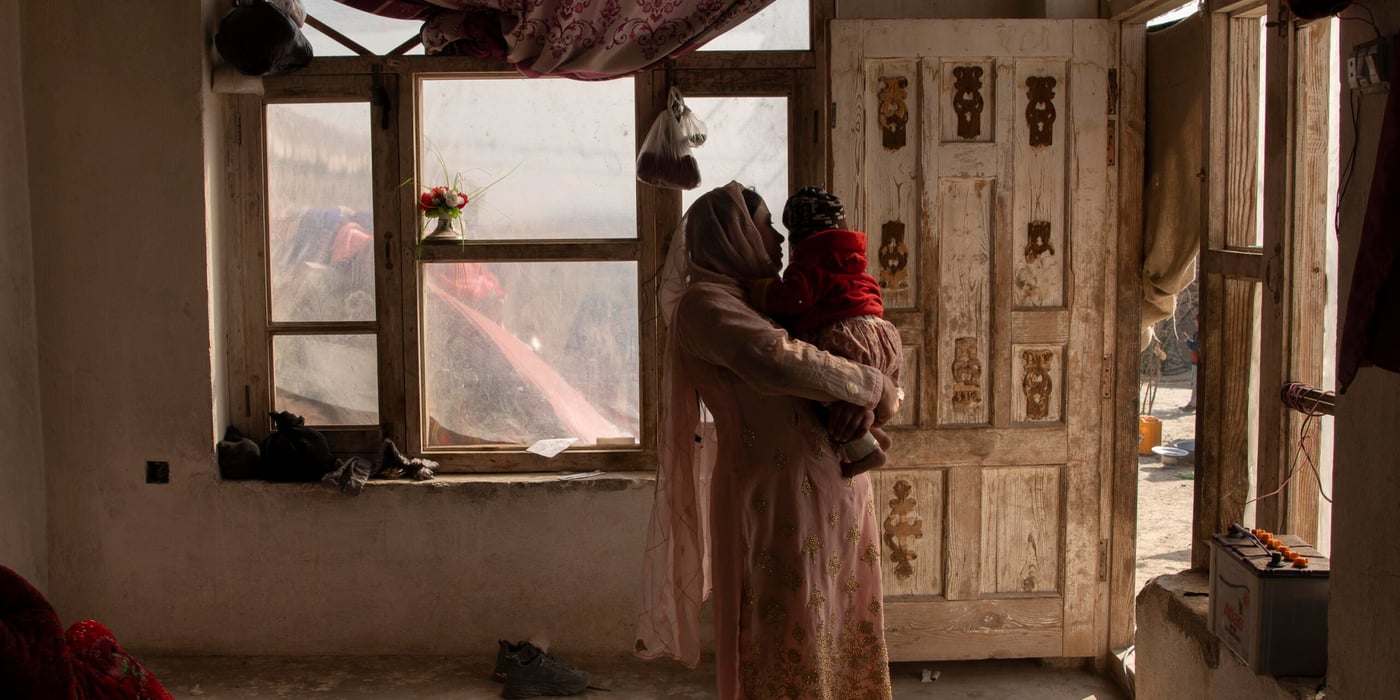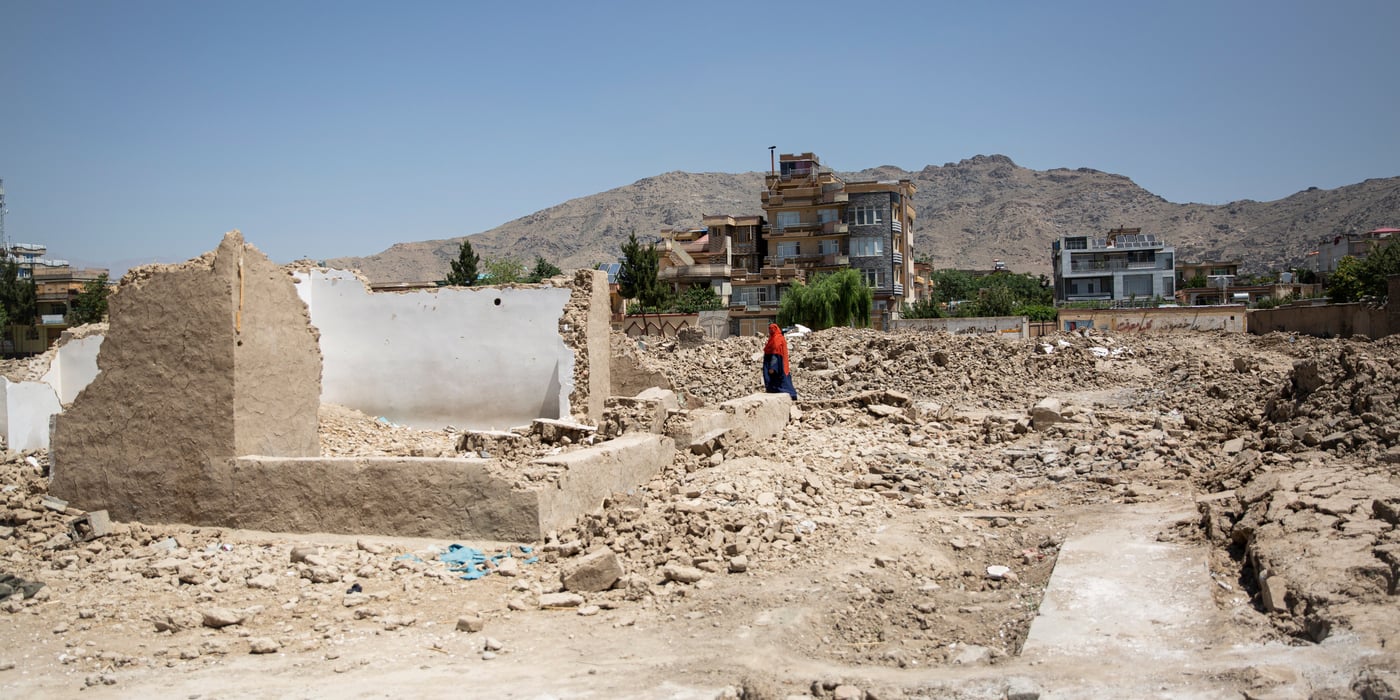“The outcome of the Afghanistan conference 2020 will be discouraging for all those concerned about the high levels of needs across Afghanistan. Not least for Afghan people themselves, in particular those affected by conflict and displacement across the country. Against a backdrop of escalating violence and skyrocketing humanitarian needs, the international community has taken a step back and away from meaningfully assisting the country at the worst imaginable time.
The combined commitment of $3.3 billion for 2021 pledged at today’s conference stands as a dangerously deceptive figure: it marks a 13.2 per cent reduction on the amount pledged in Brussels four years ago and breaks down to just 65 cents a day for each of the 14 million Afghans estimated to be in need of humanitarian assistance.
We welcome the commitments made this week and the understanding that humanitarian aid and humanitarian access remain critical for the foreseeable future. In turn, we stand committed with the huge number of Afghans who urgently need assistance, including more than four million displaced from their homes. This week's conference should be regarded a starting block - a very first step from the international community to funding and fulfilling a much larger set of obligations."
Notes to editors
Afghanistan’s remains one of the longest-running and deadliest conflicts on earth, with nearly 6,000 civilian casualties this year alone. Hundreds of schools remain closed due to conflict and nearly 300,000 people have been displaced so far this year.
The Covid-19 pandemic and its broader economic impacts continue to ripple through the country, pushing millions of people to the brink. More than 90% of the population is in need of a social safety net and the number in need of emergency aid is expected to rise in 2021. The emergency appeal for Afghanistan for 2020 is only 43% funded.
A recent survey undertaken by the Norwegian Refugee Council's shows that displaced populations are among the hardest by the secondary impacts of Covid-19:
- More than 7.5 million children went without schooling due to the Covid-19 lockdown, in addition, 400 schools have been closed due to violence and lack of security. Even though schools have reopened, the prolonged closure and loss of families’ livelihoods has further disrupted children’s return to education.
- More than 14 million are in need of humanitarian aid (OCHA) and according to the World Bank, most of the country's inhabitants will experience a deterioration in living conditions, with more and more falling below the poverty line.
- Loss of jobs and income has forced many people have to use up their savings and take up debt, as well as cut back on the number of meals and expenses for medicines. At the same time, prices continue to be higher than pre-crisis levels - with some goods now nearly 30 per cent more expensive
- Many internally displaced Afghans say that they are more afraid of losing job opportunities than of being directly affected by Covid-19.
- It is expected that 17 million will be affected by the food crisis in the coming months.




